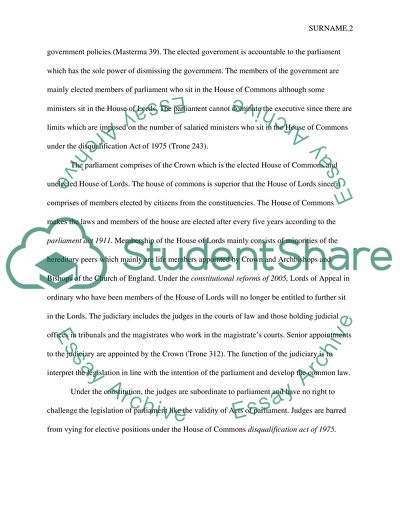Cite this document
(“Separation of powers in Malaysia and United Kingdom Essay”, n.d.)
Retrieved from https://studentshare.org/law/1395123-separation-of-powers-in-malaysia-and-united-kingdom
Retrieved from https://studentshare.org/law/1395123-separation-of-powers-in-malaysia-and-united-kingdom
(Separation of Powers in Malaysia and United Kingdom Essay)
https://studentshare.org/law/1395123-separation-of-powers-in-malaysia-and-united-kingdom.
https://studentshare.org/law/1395123-separation-of-powers-in-malaysia-and-united-kingdom.
“Separation of Powers in Malaysia and United Kingdom Essay”, n.d. https://studentshare.org/law/1395123-separation-of-powers-in-malaysia-and-united-kingdom.


